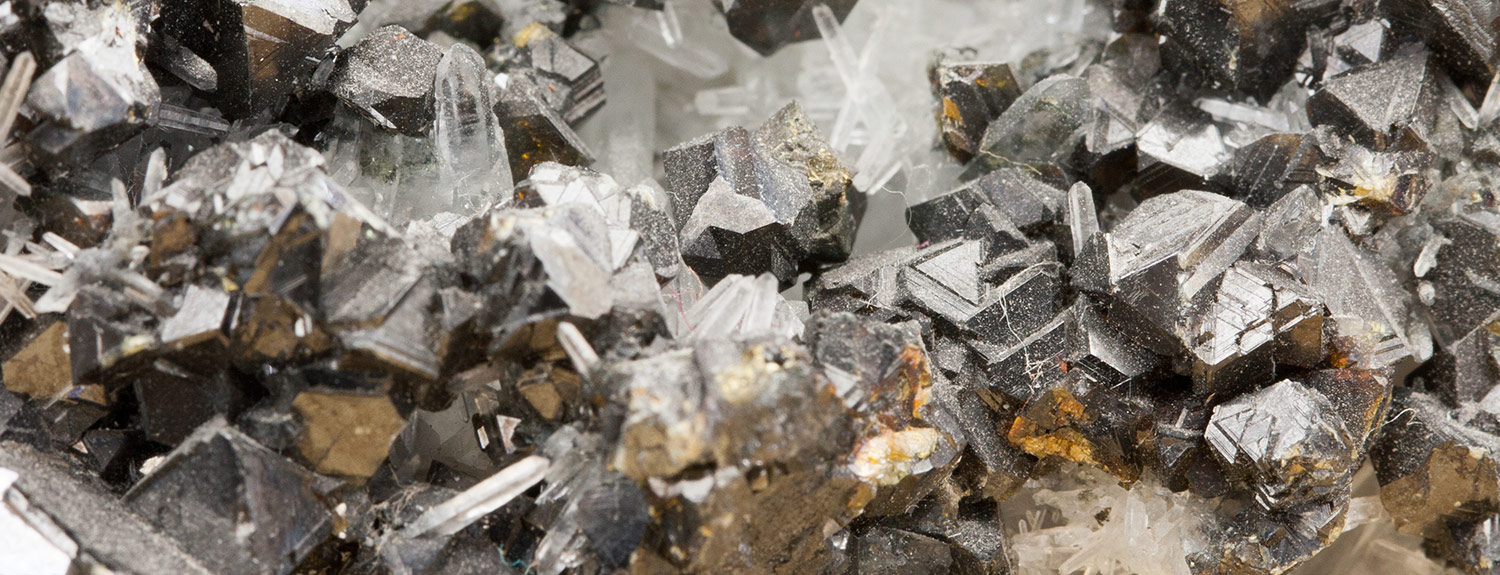
What Is Zinc Oxide?
Zinc oxide is an ingredient that is thought to have been used in health and skincare applications for millennia. Although we don’t know when the benefits of this ingredient were discovered for the first time, the oldest and the closest reference is believed to be the description of a healing salve in the Charaka Samhita, called Pushpanjan, used to treat the eyes and open wounds in India around 500 BC. In today’s medicine, zinc oxide is generally used to address skin damage, like burns or scars, irritation, SPF, wound healing and may even act as a protective layer on the skin to lock moisture in, while keeping pathogens out. Although this compound has many health benefits, it can have a number of side effects, especially if other products or dietary supplements with this ingredient are used. Before you use products with zinc oxide, it’s a good idea to visit your dermatologist.

If you’re researching zinc oxide, you might be looking for clean yet effective skincare. One brand we recommend is Carrot & Stick. Carrot & Stick is committed to creating plant-derived formulas that deliver extraordinary results without relying on toxic chemicals or standard preservatives.
Zinc oxide derives its name from zincite the mineral from which it is produced when it is combined with oxygen molecules. It is widely used and has numerous applications because it is not water soluble, and can therefore be used in a variety of creams and make-ups. But the ingredient is not unique to skin care, and has been often used in manufacturing and other industrial applications. However, when carefully formulated with other ingredients for healthy skin, zinc oxide can soothe skin and protect it from irritants.

Zinc Oxide
the good:Zinc oxide is used for its many benefits to the skin. It is thought that zinc oxide may help to minimise irritation, support wound healing, seal in moisture and protect the skin against the effects of UV rays.
the not so good:Be careful when taking it as a dietary supplement, make sure to consult with your doctor or specialist before using it.
Who is it for?All skin types except those that have an identified allergy to it. Studies suggest that it works well for scenic skin types and as an SPF, when used correctly.
Synergetic ingredients:Works well with most ingredients.
Keep an eye on:Keep an eye out for doubling up when taking zinc oxide orally as it is often formulated in multivitamins and in hair, nail and skin products.
What Are The Benefits of Zinc Oxide?
Sun protection
Zinc oxide is a main component to natural or reef friendly sun protection products. It reflects UV rays from the skin and provides a barrier between the skin and the sun. This protective barrier also helps to prevent moisture loss or transepidermal water loss. Transepidermal water loss or TEWL occurs when moisture from the skin is lost to the environment, causing the skin to appear dull and lacklustre. Zinc oxide is an inert compound meaning that it doesn’t irritate the skin making it a great alternative to chemical sunscreens particularly for sensitive skin or children.
Antibacterial
Zinc oxide also has antibacterial properties which helps to protect the skin from bacteria and helps to keep the products stable. This also means that fewer preservatives are needed to keep the product from spoiling or getting contaminated through use. The added benefit to the antibacterial properties is that it may help to reduce secondary infections in acneic skin that occur when blemishes cause open wounds. The antibacterial properties make it a common ingredient in antiseptic ointments.
Acne
Zinc oxide is often formulated into products designed for acne treatments. This is due to its antibacterial properties but also its ability to support wound healing and reduce visible irritation and redness. Zinc oxide is often recommended as a dietary supplement to support other acne treatments. This is due to the potential for zinc to act as an enzyme cofactor or helper molecule in the process of DNA repair and collagen synthesis. However it is important to remember that this research is still ongoing and doesn’t indicate a therapeutic result.
Dietary zinc is something you should always talk to your doctor about before taking as there are differences between the quality and bioavailability with supplementation. Often increasing zinc containing foods is a better way of increasing your zinc intake. According to Healthline some of the foods that contain higher levels of zinc are oysters, legumes, red meat, seeds and nuts.
Moisture
As zinc oxide creates a protective barrier on the surface of the skin it can also help to keep the skin hydrated and moisturized. This is because it prevents TEWL or water loss from the skin to the environment. This is especially important as we age as the skin’s natural ability to regulate moisture decreases.
Irritation
Due to its ability to soothe skin irritation, zinc oxide is often used for its ability to calm and soothe irritated or reactive skin. You may see zinc used as an active ingredient in anti-dandruff shampoos, to prevent dry flaky skin on the scalp, in acne products and in formulations designed for sensitive skin.
Anti-aging
Zinc oxide may also have benefits for anti-aging. As mentioned, it helps to prevent water loss from the skin, which is important to aging skin. As we age, the skin slowly reduces the natural oils that it produces, reducing the skin’s ability to trap moisture in the skin. The protective abilities of zinc oxide help to keep that moisture in. The other way that zinc oxide may help with aging is through zinc’s potential ability to act as an enzyme cofactor or helper molecule in the process of DNA repair and collagen synthesis. While this property of zinc is not fully explored in the research it is an interesting potential benefit.
Diaper rash
One of the more popular uses for zinc oxide is to reduce occurrences of diaper rash by forming a protective barrier on the infant’s delicate skin. This mitigates the effects on the skin of bacteria and other irritants that can be present in urine or other excrement. As a diaper rash treatment, zinc oxide can come in cream form, lotion, ointment, and a variety of other forms, depending on the intended use.
What Are The Other Uses of Zinc Oxide?
Zinc is an important mineral that has a significant effect on a person’s body. When ingested as part of the regular diet or through a multivitamin, it helps in repairing damaged tissues for better general health. In topical uses, zinc oxide is also thought to prevent acne through sebum reduction and anti inflammatory qualities.
What Are the Side Effects of Zinc Oxide?
Zinc oxide is believed to be non-allergenic and non-comedogenic meaning it doesn’t clog the pores or irritate the skin. It is considered generally safe to use. However, the compound can cause allergic reactions such as swelling, itching or tingling in some people. People with sensitive skin or those who have any allergic tendencies should check with their doctor first before using anything that has zinc oxide.
Zinc oxide can build up in your body over time, and may be pushed over the threshold by a cream or other professional skin care product that contains this ingredient. This is why it is important to always consult your doctor or specialist before taking any extra zinc supplement or use a high concentration zinc topical product. Many patients don’t realize that ingredients placed on the skin can often be absorbed into the body, and are not necessarily cycled out quickly.







